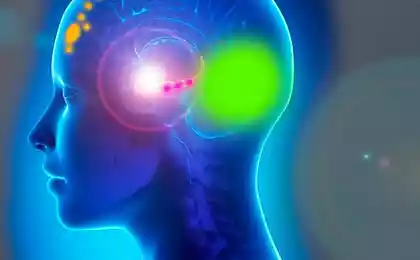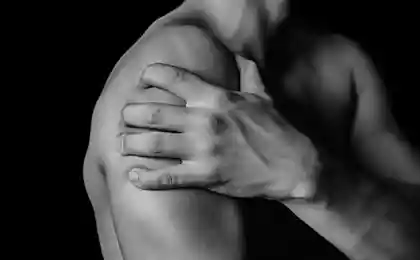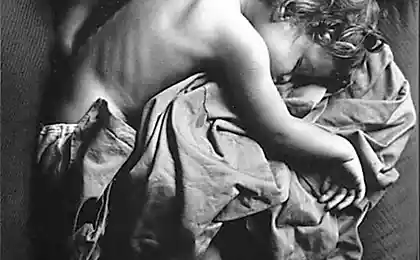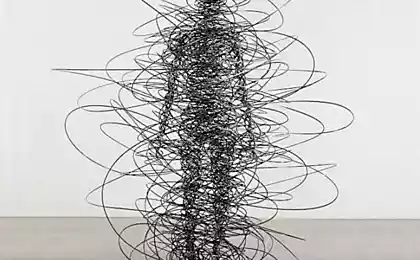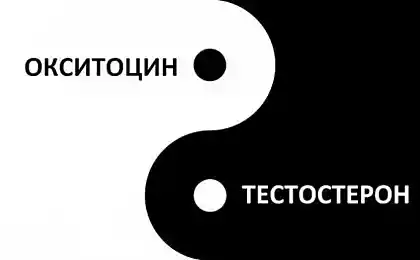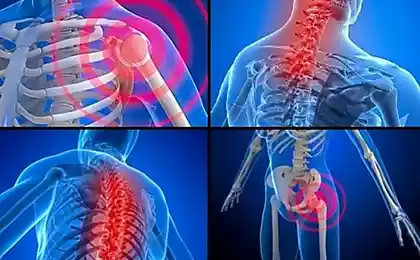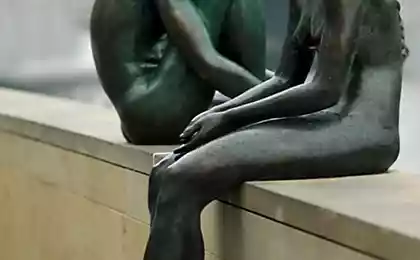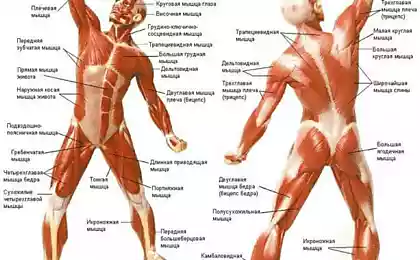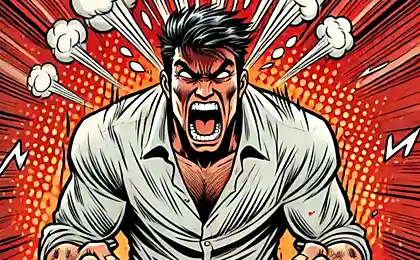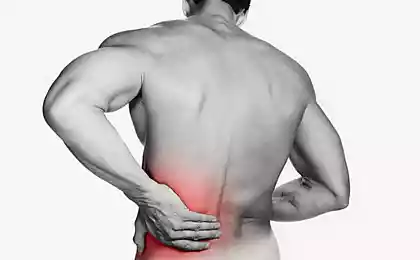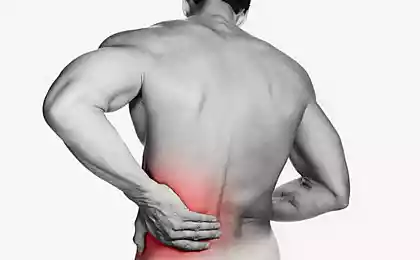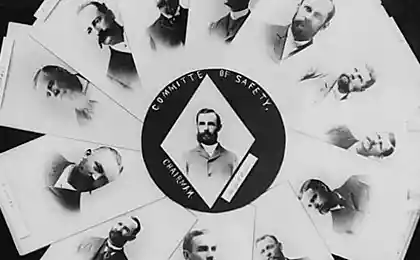546
General physical pain enhances trust and cooperation
This fact explains why in many cultures prevalent custom of ritual hurting yourself or others, and sharing of suffering from it muk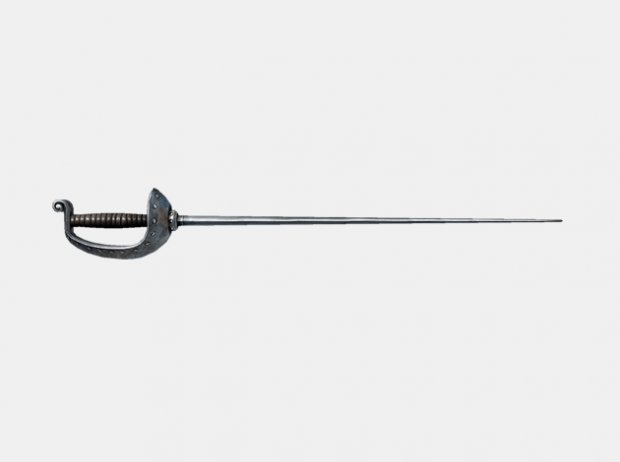
Pain - the main element of many cultural practices in the adoption of certain social groups. Her cause with the help of tattoos by piercing, and so on. D. However, the direct role of the pain that it plays in all these traditions, remained unclear. And there was no scientific studies showing that the pain actually have social effects.
But scientists to fill this gap. In the unique experiment, they hurt the participants, dipping their hands in ice water, and forcing them to perform squats, or is there a burning chili. They finally figured out how the pain affects social relations in small groups: people who are subjected to painful tests together feel more cohesive and better cooperate with each other. Maybe it also explains why the graduate students feel each other long before this bond issue?
Now, the researchers said: "Even though the pain is used in social rituals around the world, the social consequences of the pain is unknown almost anything. We have considered the possibility that painful experiences can help to develop cooperation in the framework of certain social groups. In experiments 1 and 2 we induced pain, forcing volunteers hand immersed in ice water, and do sit-ups. In experiment 3, we were induced pain by asking some participants to eat chili. All participants performed these tasks as part of small groups. We have found evidence of a causal relationship: compared with the control, "painless" group, sharing painful experiences with other people promotes trust in interpersonal relationships (experiment 1), and cooperation in the economic game, which took place in the course of experiments 2 and 3. These results shed light on the social consequences of pain, and show that the separable with other pain can be an important factor in the formation of the group ».
via factroom.ru

Pain - the main element of many cultural practices in the adoption of certain social groups. Her cause with the help of tattoos by piercing, and so on. D. However, the direct role of the pain that it plays in all these traditions, remained unclear. And there was no scientific studies showing that the pain actually have social effects.
But scientists to fill this gap. In the unique experiment, they hurt the participants, dipping their hands in ice water, and forcing them to perform squats, or is there a burning chili. They finally figured out how the pain affects social relations in small groups: people who are subjected to painful tests together feel more cohesive and better cooperate with each other. Maybe it also explains why the graduate students feel each other long before this bond issue?
Now, the researchers said: "Even though the pain is used in social rituals around the world, the social consequences of the pain is unknown almost anything. We have considered the possibility that painful experiences can help to develop cooperation in the framework of certain social groups. In experiments 1 and 2 we induced pain, forcing volunteers hand immersed in ice water, and do sit-ups. In experiment 3, we were induced pain by asking some participants to eat chili. All participants performed these tasks as part of small groups. We have found evidence of a causal relationship: compared with the control, "painless" group, sharing painful experiences with other people promotes trust in interpersonal relationships (experiment 1), and cooperation in the economic game, which took place in the course of experiments 2 and 3. These results shed light on the social consequences of pain, and show that the separable with other pain can be an important factor in the formation of the group ».
via factroom.ru
4 of unexpected factors affecting the duration and quality of life
Evidence that early Earth was not a complete hell

